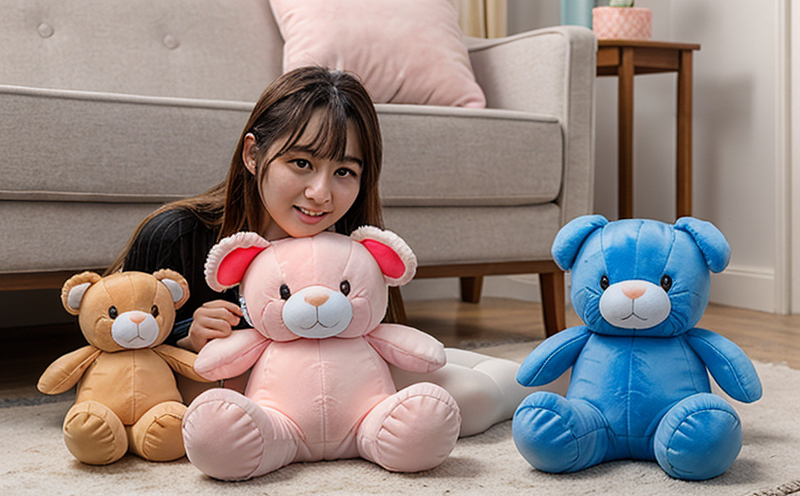CPSIA Compliance Testing for Plush Toy Safety
The Consumer Product Safety Improvement Act (CPSIA) of 2008 introduced stringent safety standards and testing requirements, particularly aimed at reducing the risks associated with children's toys. Stuffed and plush toys are no exception. CPSIA compliance testing ensures that these products meet all relevant regulatory requirements to protect young consumers from potential hazards such as choking, ingestion, or chemical exposure.
Stuffed toys often contain small parts, fabrics, and other materials that can pose risks if not handled correctly. The CPSIA mandates rigorous tests to ensure these materials are safe for children's use. This includes evaluating the toy’s composition, durability, and overall safety in various scenarios. Testing must be conducted by accredited laboratories to confirm compliance with CPSIA standards.
Compliance testing typically involves a series of physical and chemical evaluations aimed at identifying potential hazards. For plush toys, this may include:
- Flame resistance tests
- Mechanical durability assessments
- Choking hazard evaluations (for parts that could detach)
- Toxicity and chemical safety checks
The CPSIA specifies the use of recognized standards such as ASTM F963, which provides detailed guidelines for toy safety. Compliance with these standards ensures that plush toys are not only safe but also meet industry best practices.
Our laboratory performs comprehensive testing to ensure full CPSIA compliance. We offer a range of services tailored to the specific needs of manufacturers and retailers. Our team of experts uses advanced instrumentation and techniques to evaluate every aspect of the toy, from its components to its overall design.
In addition to ensuring legal compliance, our CPSIA testing helps businesses protect their brand reputation and customer trust. By demonstrating a commitment to safety through rigorous testing protocols, companies can build confidence among consumers regarding the quality and reliability of their products.
Applied Standards
To ensure that our CPSIA compliance testing is both thorough and compliant with international standards, we adhere to a range of guidelines set by recognized bodies. These include:
- ASTM F963: Standard Consumer Safety Specification for Toy Safety: This standard covers requirements for toys, including plush items, in terms of flammability, mechanical and physical hazards, chemical safety, and other factors.
- ISO 8124-5: Safety of Toys—Part 5: Small Parts, Bodily Inserts and Contents: This standard addresses the size and shape of small parts in toys that could pose a choking hazard.
These standards are regularly updated to reflect new safety concerns and technological advancements. By staying current with these updates, we ensure our testing remains relevant and effective.
Scope and Methodology
The scope of CPSIA compliance testing for plush toys is extensive, covering multiple aspects that contribute to the overall safety of the product. Our methodology includes:
- Sample Preparation: We carefully select samples that represent the full range of products available in the market.
- Physical Testing: This involves assessing the toy’s durability and ability to withstand normal use by children. Tests include pulling strength, tear resistance, and abrasion tests on fabric components.
- Toxicity Testing: We perform chemical analysis to ensure that no harmful substances are present in the materials used in the plush toys.
Our team of experts uses state-of-the-art equipment to conduct these tests, ensuring precision and reliability. The results are meticulously documented and compared against CPSIA standards to determine compliance.
Quality and Reliability Assurance
- Accreditation: Our laboratory is fully accredited by the relevant authorities, ensuring that our testing meets the highest international standards.
- Precision Equipment: We use advanced instruments to perform precise measurements and analyses of each sample tested.
- Consistency in Results: Our methodology ensures consistent results across multiple tests, providing reliable data for decision-making.
In addition to our laboratory’s quality assurance measures, we also follow strict protocols during the testing process. This includes detailed record-keeping and regular calibration of equipment to maintain accuracy. By adhering to these rigorous standards, we ensure that every test conducted is both reliable and repeatable.





